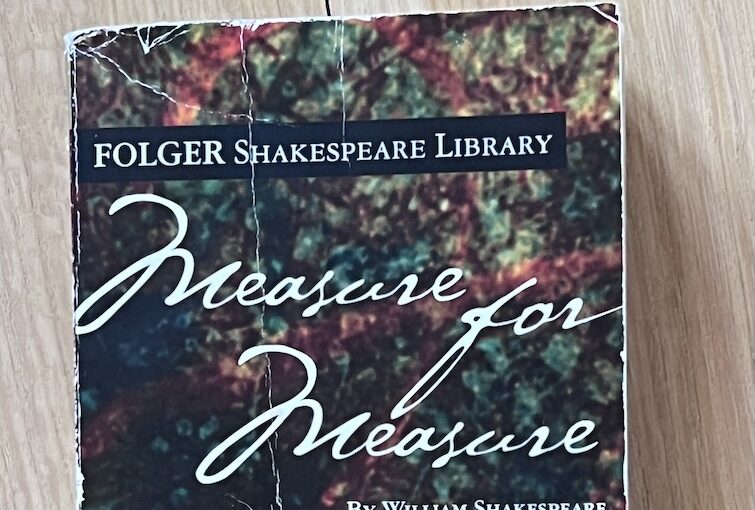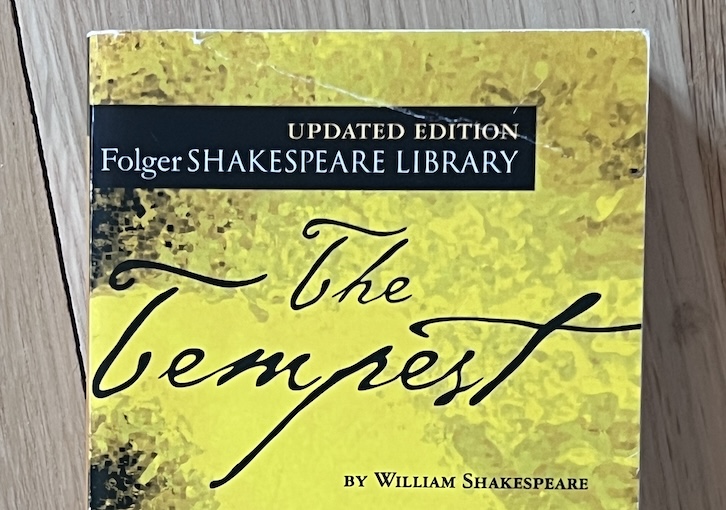October 2024
Reading as part of the Fall 2024 Shakespeare course — see general notes for more.
Precis of Measure for Measure
The Duke of Vienna (aka Friar Lodowick) plans to travel abroad, leaving young Angelo as regent, empowered to enforce laws that the Duke has allowed to go fallow. However, the Duke really plans to remain in Vienna, disguised as a Friar, to see how Angelo carries out his duties. Angelo immediately shuts down many of the houses of prostitution, and condemns Claudio, a man who has only erred in having sex after handfasting but before the banns were read, to be executed. This seems extreme and disturbs many: Escalus, a judge; the Provost, who runs the jail; and Lucio, a friend of Claudio and ne’r do well Viennese noble. Lucio seeks out Isabella, Claudio’s sister, who is in the process of joining a convent, to persuade Angelo to be merciful, after protests by Escalus and the Provost fail. Angelo speaks with Isabella, steadfastly refusing, until she asks him to look into his heart and see if has not had similar feelings that led Claudio to his current straits. Angelo wavers, and tells her to return tomorrow. In a soliloquy he reveals that is attracted to her virtue, and wishes to have sex with her. In a second interview he tells her he’ll free Claudio if she’ll sleep with him. She refuses, and he tells her if she does not relent he’ll torture Claudio to death.
Continue reading Measure for MeasureViews: 0


